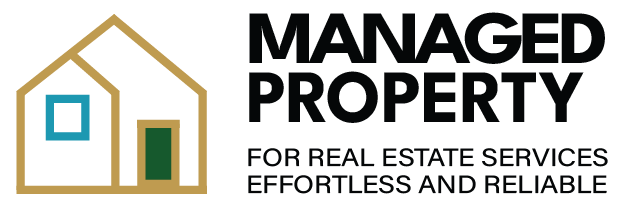Right on the pulse of Hurghada’s city beachfront, the “Hurghada Heights” project promises more than just new walls and balconies. For owners and residents in 2025, it’s all about the intelligent blend of location, flexibility, and livability—but what does that really look like in reality?
Seamless City Access
There’s no downplaying the value of a location hugging the Promenade. Guests and residents have a gentle stroll to the sea, are minutes from the airport, and benefit from the steady rhythm of flights—European charters, budget lines, and regular domestic routes—all year long. The payoff is more than convenience: it’s the calculated predictability of weekly check-ins, quick turns, and the ability to tap into the lucrative flow of both tourism and business travel.
Flexible Payment—But Know the Fine Print
Developers tout flexible, low-entry installment plans—often with just 10–20% down and payments spread across several years. While this lowers the barrier for new investors, it shifts part of the delivery risk onto the buyer. Savvy owners should scrutinize how deposits are secured, demand to see phase schedules, and insist on penalty clauses for handover delays. Conservatism now saves many headaches later—and only count your potential rental income after keys are truly in hand.
Design, Comfort & the Owner’s Reality
Modern buyers expect more than shiny renderings. In Hurghada Heights, the best apartments are fitted for the local climate—quiet bedrooms insulated from summer’s midday heat, heavy blackout curtains, and AC systems sized for 45°C August days. Owners should ensure elevators are maintained, security is visible, and guest policies (like wristbands and visitor logs) are clearly posted and communicated. Think through the operating details—not just what’s on the brochure.
Making the Numbers Add Up
One-bedroom units (usually 55–70 m²) near the sea are the sweet spot for balancing occupancy with cleaning costs, while two-bedroom options attract longer-stay families—assuming both bathrooms are real and acoustics are good. To maintain premium rates, invest in hotel-grade linens, regular AC servicing, and meticulous cleaning. The properties that thrive here are not just listed, but managed with the thoughtfulness of the hospitality trade.
Owner Checklist: Professionalism is Profit
-
Schedule quarterly AC coil cleaning and monthly filter checks, especially in summer.
-
Use professional linens and document cleaning with a photo checklist.
-
Publish your house manual in at least English and Arabic (German or Russian if needed).
-
Only promise rapid guest service that you can reliably provide—set living/safety issues as a max 1-hour turnaround, and routine fixes within 48 hours.
Real-World FAQs
-
When’s the best time for owners and guests? Late October to April offers cooler days and calmer seas, but summer draws family and festival traffic (with a heads-up on heat).
-
How should owners handle utilities? Egypt’s tiered tariff system means summer AC bills can spike; always document meter readings and provide a fair allowance.
-
Do rules impact rentals? Yes—wristbands, silent hours, and registered guest lists are common. Be upfront in all communications.
-
How about tax? Egypt’s real estate tax is assessed on rental value, minus a 30% deduction for expenses; keep all supporting documents and consult a local pro.
Final Tip:
Be transparent about every policy, register your guests with building security, and keep a basic log with just what’s needed for compliance—owners who blend professionalism with hospitality see the best results in Hurghada’s evolving property scene.
References: Hurghadians Property Insights, FlightConnections (HRG), WeatherSpark Data.
